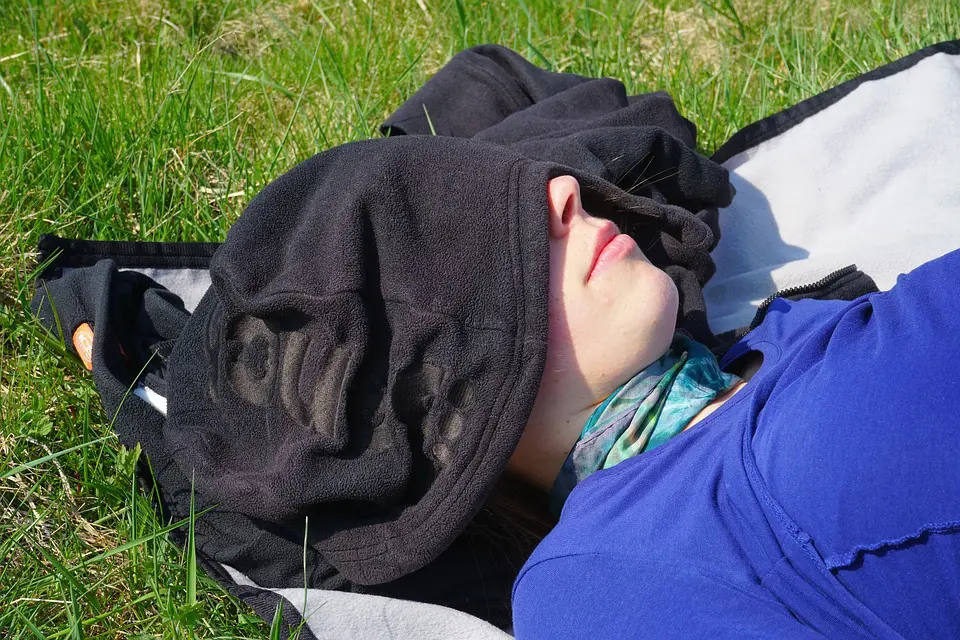You might have heard the term “bruxism” floating around and wondered about it and its effects. In this article, we will address questions regarding this common dental problem.

(Pixabay / Hans)
What is bruxism, and what causes it?
Bruxism is a fancy, technical term for teeth grinding—whether it happens while you’re awake or asleep. Now, most people will grind their teeth from time to time in response to various situations, but constant grinding can cause some real problems. Studies show that bruxism mostly occurs in children, but between 16 and 20 percent of the adult population have reported issues related to bruxism at one time or another. This statistic may be well below the mark, however, because many people remain unaware that they are grinding their teeth due to it only happening at night.
Doctors and dentists aren’t exactly sure what causes bruxism, but the vast majority of the time, it is stress-related. Interestingly, studies show that grinding tendencies often run in families, and some physical and psychological factors can increase a person’s propensity toward bruxism. These factors may include personality type, a tendency toward GERD (gastroesophageal reflux disease), epilepsy, Parkinson’s disease, sleep apnea, and ADHD. Additionally, poor bite and alignment have been tied to bruxism because the jaw is constantly trying to find a comfortable position without reprieve.
What can happen if bruxism is not mitigated?
If left untreated, bruxism can do some substantial damage to your teeth and face. After long periods of grinding, you might start to flatten down your teeth and experience loose teeth or tooth pain. You might also notice a clicking of your jaw due to problems with your temporomandibular joint (TMJ). Your gums and jaw may start to swell, and some may even experience lockjaw. Since you might not know that you have bruxism, it’s important that you go to your bi-annual dental checkup because your dentist will know to look for the warning signs.
What is your dentist looking for?
People don’t usually talk about their teeth and gums at the water cooler, so you might not know that what you’re experiencing is abnormal. Your dentist will look for signs of chewing on the inside of your cheek, tooth pain, or chipped, cracked, or flattened teeth. They might also ask you if you’re experiencing face or neck pain. All of these are pretty good indicators that you might have something going on in your mouth.
What are my options?
Because Bruxism has so many potential causes, it’s hard to pinpoint a one-size-fits-all solution. Your dentist will probably have some good ideas for you to try, but here are some options if you’re not able to get into the dentist for a while.
- Stress-relieving activities: The majority of bruxism sufferers attribute their teeth grinding to an increased level of stress in their lives, so you can try some stress-relieving activities before bed. Guided meditation, reading a good book, yoga, stretching, journaling, or taking a hot bath are all excellent options to help you relax.
- Therapy: We all have stressors in our lives, and temporary ones can cause temporary bruxism. If you are a chronic sufferer of bruxism, you might consider using the services of a professional therapist. They will be able to help you identify your major stressors and deal with them using healthy strategies.
- Monitor your diet: Certain foods and drinks that are high in caffeine or alcohol are known triggers for teeth-grinders. Minimize or avoid these foods altogether.
- Try a mouth guard: You can get a mouth guard from your dentist, online or from some grocery stores. The over-the-counter mouth guards usually require you to make your own mold and tend to be a little more chunky than a custom mouth guard. Your dentist can make a custom mouth guard fairly easily that fits perfectly over your teeth. Either way, a mouth guard can provide a little extra cushion so that your teeth and jaws get a break at night.
- Consider a mouth realignment guard: These are special kinds of mouth guards that adjust your jaw to a comfortable position while you sleep. If you’re grinding because your bite is off, an alignment guard can temporarily correct the issue by holding your teeth in a better location each night.
- Orthodontia: If your bite is extreme enough, your dentist might recommend that you get braces or another kind of orthodontia. You can go with the traditional metal braces or clear alignment alternatives such as Invisalign.
If left untreated for too long, you might need to undergo some dental repairs to help counteract the effects of bruxism. Constant grinding can wear down enamel, crowns, and other cosmetic dental work. It’s best to catch the problem early by regularly visiting your dentist and being open about any symptoms you’re experiencing.
